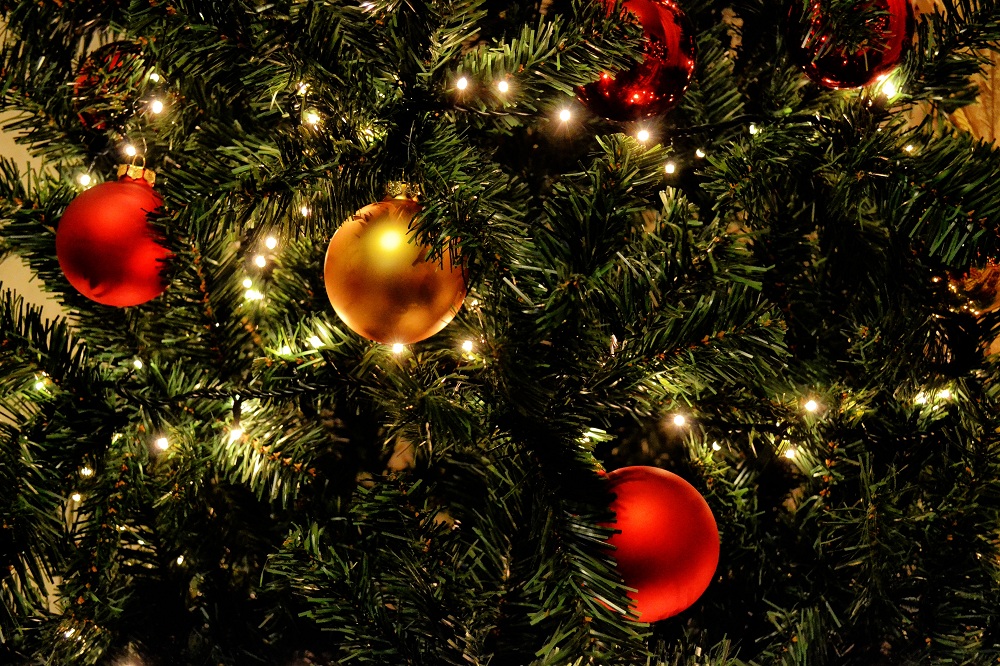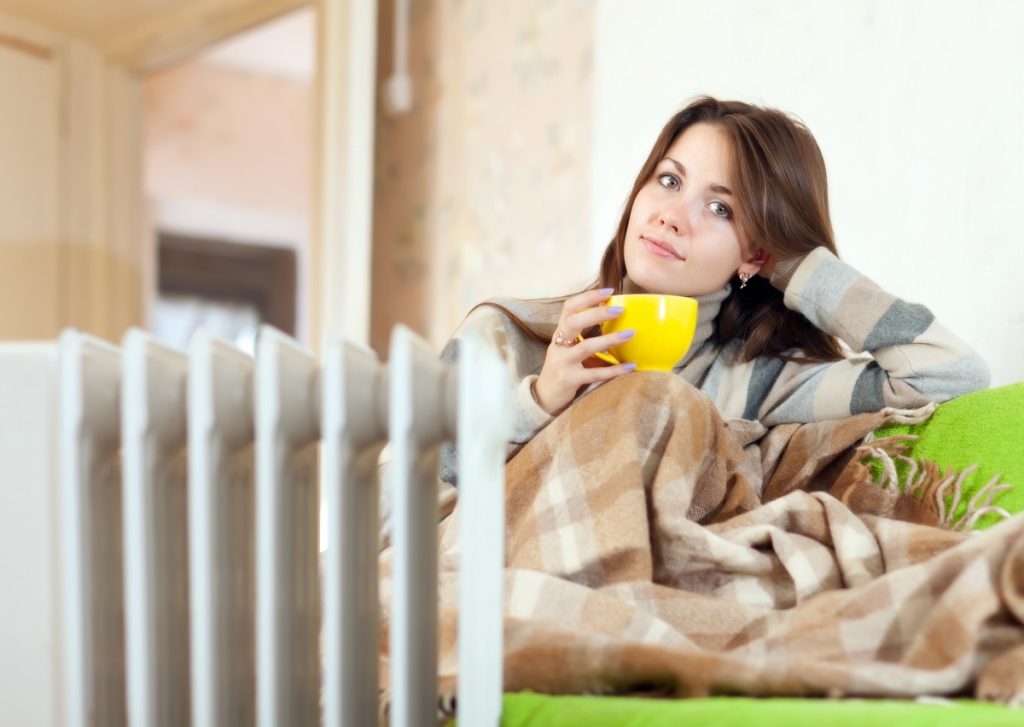Just as there are many reasons to make houses green, there are also many options now for energy-efficient and environmentally friendly living. One of these is replacing your common appliances with energy- and water-saving models. However, purchasing them will be a waste if you’re planning on moving to a new home from either a rental or another one that you own. If you’re in this kind of situation, then these are habits that you can start forming to make your house eco-friendlier without cutting too much into the budget:
Managing Temperatures
Refrigerators, chillers, air conditioners, and heaters can be a few of your appliances that consume the most energy, especially if you tend to use them often. Because of this, it’s a good practice to check if they’re maintaining the temperature that they need to keep and if they’re in places that won’t compromise their effectiveness. For example, if cooling devices are exposed to direct heat or sunlight, then they will have to use up more energy to do their job. For instance, if you find that your air conditioning isn’t running that well, you should contact a reputable air conditioning repair company in Largo.
Getting Rid of Vampire Energy
You might think that just because an appliance is turned off, it doesn’t use electricity anymore. That’s not the case as it still uses energy as long as it is plugged in. Prevent this from happening by making it a habit to unplug appliances and other devices that are not in use.
Turning Off the Faucets

Water is a resource that we need every day, so it only makes sense that we have technology that lets us access it anytime we want to. However, that doesn’t excuse us from becoming aware of when we’re wasting it. For example, if we see that a faucet is partly open or a pipe is leaking, we have to turn off the faucet or get the leak fixed. If there are situations when we can save water by storing it somewhere temporarily instead of letting it flow continuously, then we should make the move to save.
Reusing What You Can
Speaking of water, you don’t have to use it only when it’s clean. You can utilize used water for certain purposes. A good non-home example that you could get ideas from is how car wash places use what refilling stations waste. In the same way, you can take leftover water from your bath and use it for cleaning some parts of your house and your vehicles and even for flushing your toilet.
Even the smallest changes in your everyday actions can make a huge positive impact on the environment as well as your finances. The lowered amount shown on your utility bills from your reduced usage is proof enough of this. As long as you all do these as a family, you’ll be able to transform your home into a green one. Everyone will also learn to be more aware of what they do to their surroundings, both negatively and positively, and this can spill over to your new residence.

